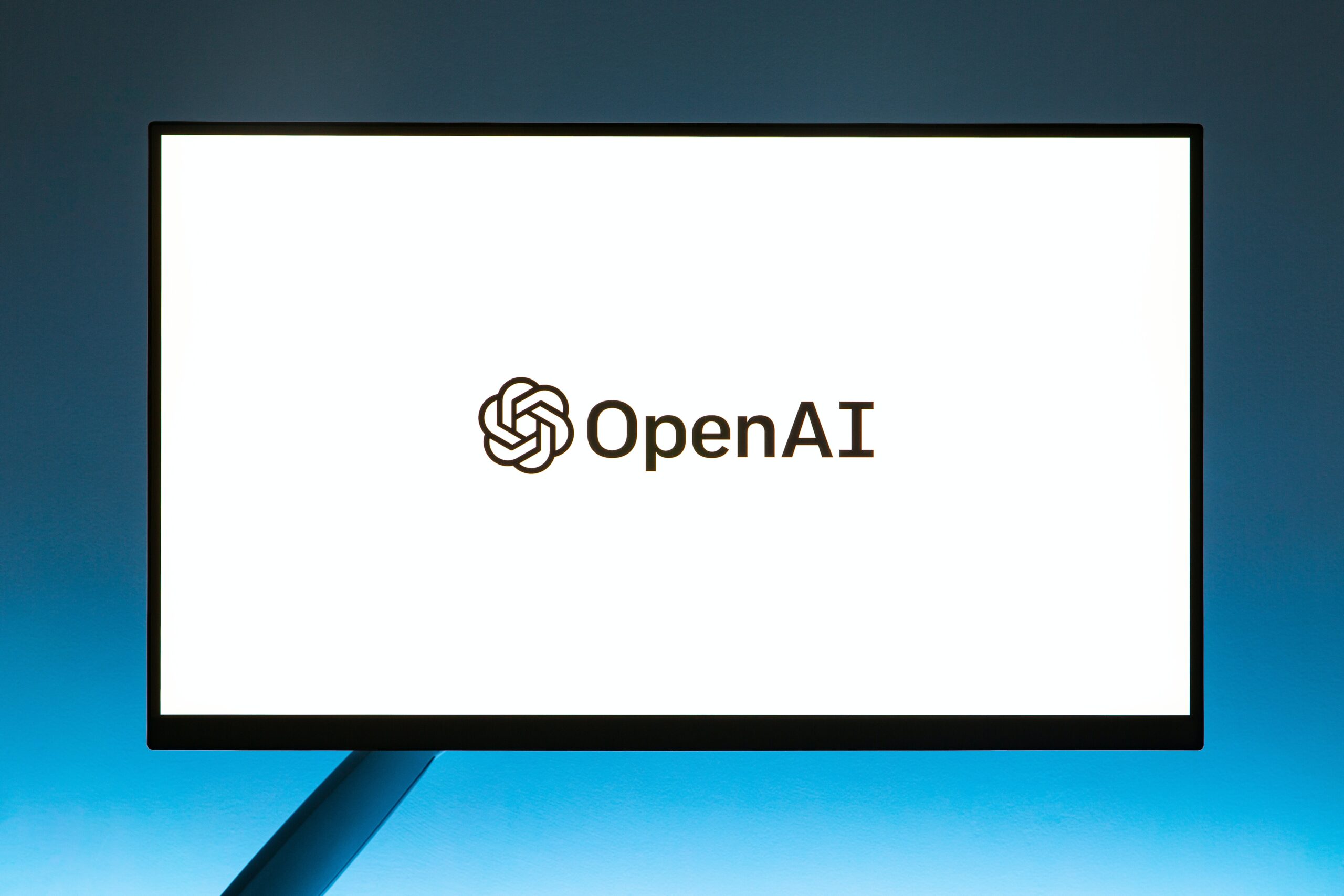Recently, Italy made headlines by becoming the first Western country to ban the use of advanced chatbot, ChatGPT, over privacy concerns. Created by US start-up OpenAI and backed by Microsoft, ChatGPT had become popular among millions of users since its launch in November 2022. However, concerns over data privacy and the potential risks of artificial intelligence (AI) prompted the Italian data-protection authority to take action.
The ban raises several ethical issues related to AI and its impact on our lives. First and foremost, it highlights the need for more robust regulations to govern the development and deployment of AI systems. While AI has the potential to revolutionize various industries and improve our lives in countless ways, it also poses significant risks to our privacy, security, and social well-being.
One of the key challenges of regulating AI is the pace of technological innovation. As AI systems become more sophisticated, they can also become more complex and harder to regulate. Furthermore, the lack of global consensus on AI regulation means that different countries may have different standards and priorities, making it challenging to develop a unified approach.
Another issue raised by the ChatGPT ban is the importance of transparency and accountability in AI systems. The Italian data-protection authority cited a data breach involving user conversations and payment information as one of the reasons for the ban. This incident highlights the need for companies to be transparent about their data collection and processing practices, as well as to take responsibility for any breaches or mishandling of data.
Moreover, the ChatGPT ban also highlights the need for AI to be developed with ethical considerations in mind. AI has the potential to amplify biases, perpetuate stereotypes, and spread misinformation. Therefore, it is crucial that AI systems be designed to promote fairness, accountability, and transparency. This requires a concerted effort from the industry, policymakers, and society as a whole to ensure that AI is developed in a way that aligns with our values and priorities.
In conclusion, the ChatGPT ban serves as a wake-up call for the need to address the ethical concerns surrounding AI. While AI has the potential to transform our world for the better, it is not without risks. As such, we need to develop a regulatory framework that strikes a balance between promoting innovation and protecting our rights and freedoms. Moreover, we need to ensure that AI is developed with ethical considerations in mind and that companies are transparent and accountable for their AI systems’ actions. Ultimately, it is up to all of us to shape the future of AI in a way that benefits us all.







Leave feedback about this